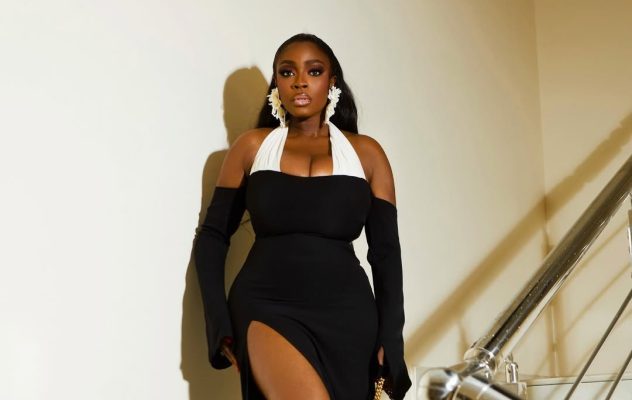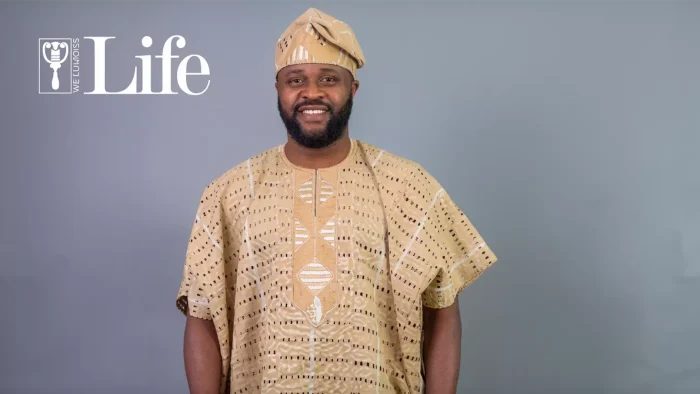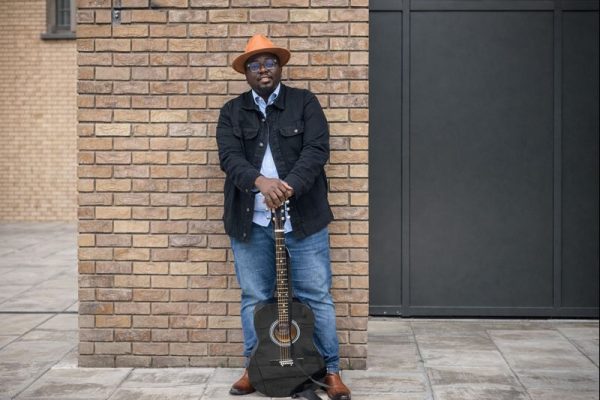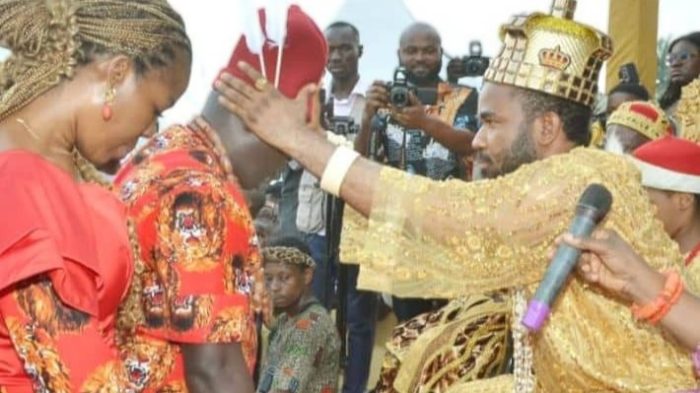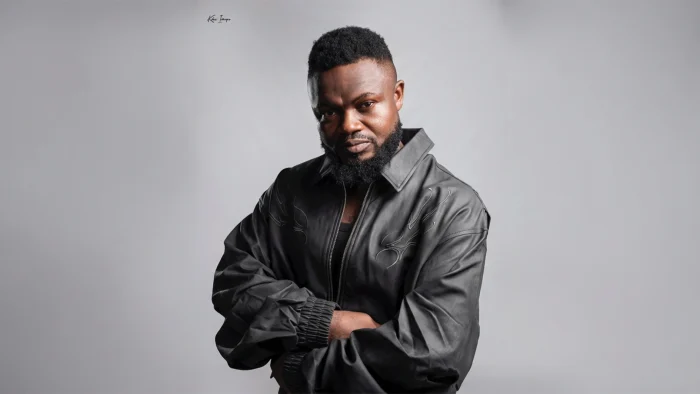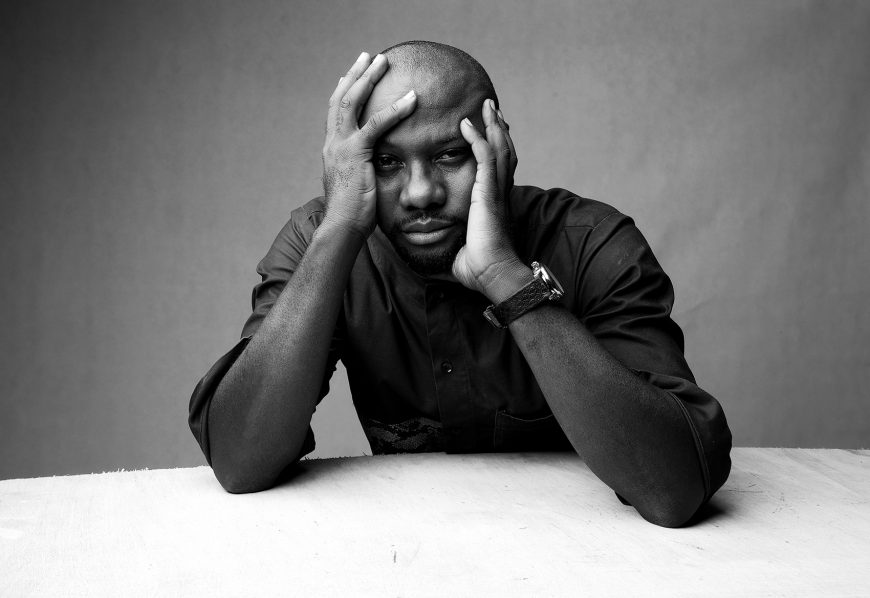
Tunde Owolabi, quit his day job to embrace Africa’s gift of Aso-oke, and is steadily attracting African culture enthusiasts. In this interview with the Guardian Life, he talks about his drive, how Aso-oke chose him and what makes it special to him.
[ad]
A not-so-little birdie told us that Ethnik was inspired by your love for Aso-oke. Why is it about Aso-oke that made you decide it was it or nothing?
Ethnik was actually inspired by the Yoruba culture but expressed through Aso-oke fabric. I love Aso-oke because of the artistry involved. It is very abstract. The richness of the culture and the sustenance of it further endeared me towards the use of Aso-oke. Growing up, I saw a lot of Aso-oke in my house but usually in the lowest part of the wardrobe. Our parents then preferred to wear the western fabrics and will only wear Aso-oke on special occasions. Yes, it is made for special occasions, but the influx of western fabrics further pushed it down the preference line. That was heartbreaking for me, so I took it upon myself to find a new use for this beautiful fabric. It is now being celebrated through Ethnik designs and what we make with the fabric.
So, what is your story?
My story is interesting. I quit my advertising job on a quest to find my artistic path. I wanted to explore, travel, eat, be free, but most of all, I wanted to create. I wanted to create something that will outlive me but I didn’t think it will be along the fashion line. I was tired of providing services and not appreciated as a creative so I quit my day job.
Then I decided to travel within Nigeria, the African continent, and wherever I could afford to visit. I wanted to learn about our cultures and what drives us as a people. The plan was to tell the African stories with my art, photography and painting, but little did I know I will end up with Aso-oke. I guess Aso-oke chose me.
In 2013, I started to research the fabric, Aso-oke, why it is made, by who, and for what. I wanted to experience the art of weaving, so I went to Iseyin in Oyo state, which is the birthplace of Aso-oke. There, I met a community of weavers who were gracious enough to answer all my questions. With the information I had, I had an art exhibition in 2014. After the exhibition, which was a success, I began to think about what else can be done with these fabrics. That question led to the beginning of the brand Ethnik Afrika, formerly known as Ethnik by Tunde Owolabi in 2015.
That’s an interesting story indeed. So what does style mean to you?
As they say, fashion is what designers present to you 4 times a year, but style is what you make of it. Style, for me, is self-expression – how you present yourself to the world.
What guides you when making a fashion piece?
A lot of factors guide my creativity, mostly our culture. I take a lot of inspiration from who we are as a people and the way we live, past and present. My immediate environment, nature for colour and to breathe life into my creation, and music to give me rhythm.
Do you think that the world is ready for African fashion?
Yes, the world already is taking inspiration from Africa, so yes, the world is ready for African fashion. We have been headlining shows and there has been a lot of positive news about the creative industry as a driving force for the African economy. The world is watching with keen interest.
Do you see African fashion evolving, and if yes, in what dimensions?
African fashion has evolved and still evolving with so much creativity that the world is celebrating. The evolution has come in all areas, including its presentation. That is a tremendous feat to accomplish in such a short time. There is no room for mediocrity if you want to compete on a global stage, so every designer who is serious about their work is putting in 200% and I commend us all for that. The days of not wanting to identify with our own is far gone, but a lot still needs to be done. We need to do more with telling our stories and working with our own fabrics.
That is not solely a governmental issue, we also need to step up and embrace more of what belongs to us. That way we won’t have to complain about appropriation. We also have to work together so our voices can be heard collectively. There has been a lot of progress with representation, but more needs to be done.
That same birdie told us that you are into photography. Out of curiosity, what is the grand plan?
Yes, I am a photographer. I see myself as an artist, and that gives me the liberty to be whatever I want and create with no barrier. The grand plan is to build Ethnik Afrika into a world-class global but proudly African brand.
What life principles do you live by?
God first
Be kind
Be the light in the dark and make hay while the sun shines.
[ad unit=2]


